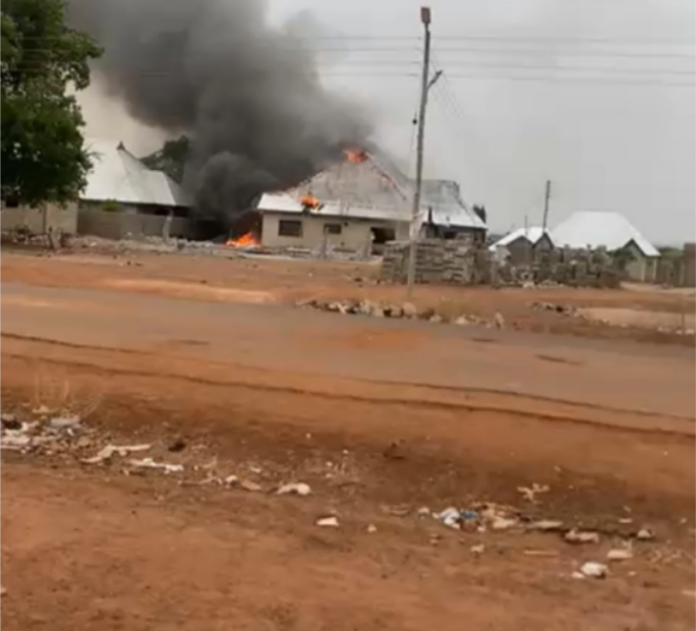Security Lecturer at the Kofi Annan International Peacekeeping Training Centre, Dr. Victor Doke, has expressed deep concern over recent attacks on police personnel in the volatile town of Bawku in the Upper East Region.
In an interview on Joy FM’s Midday news, Dr. Doke suggested that these attacks signify serious mistrust between the local people and the security agencies deployed in the conflict-prone area.
He explained that many in the community perceive the security forces’ operations as potentially biased, which he views as dangerous for ongoing peace-building efforts.
“The people who do not trust the security services in Bawku may have observed or concluded that the security forces are engaging in activities they perceive to be supporting one side of the conflict. And this will not be tolerated,” Dr. Doke said.
He further emphasized that the attack on security personnel indicates a deep mistrust, which is highly problematic for peace-building. “It’s very, very dangerous when the security personnel, who are supposed to protect lives and enforce the law, face such distrust from the very people they are supposed to protect,” he added.
This follows the recent surge in violence in Bawku, which led to the death of one person and the burning of the private residence of the Bawku Divisional Police Commander, ACP Adamu Seidu, on Wednesday afternoon.
Dr. Doke noted that while security agencies may be engaged in peacekeeping efforts, the perception of bias—whether real or imagined—damages the credibility of the state’s peace mission.
He also pointed out that the entrenched positions among the youth in Bawku make finding lasting peace more difficult.
“To achieve peace, you need trust among all stakeholders — and this includes the security apparatus. Without that trust, peace efforts are almost impossible,” Dr. Doke emphasized.
While Dr. Doke acknowledged that current security measures like curfews, patrols, and an increased security presence may help manage violence in the short term, he called for a more sustainable approach to peace. He suggested that peace-building efforts should not be solely the responsibility of security agencies but must involve neutral state institutions like the National Peace Council and civil society organizations.
“For activities aimed at fostering coexistence between the factions, it is critical that these initiatives are led by neutral bodies. If the security agencies take the lead without transparency and trust, the youth may read ill motives into their actions,” he warned.
Dr. Doke concluded by calling for greater collaboration between security agencies and all stakeholders, particularly grassroots groups, to rebuild trust in the Bawku area.
ALSO READ:

